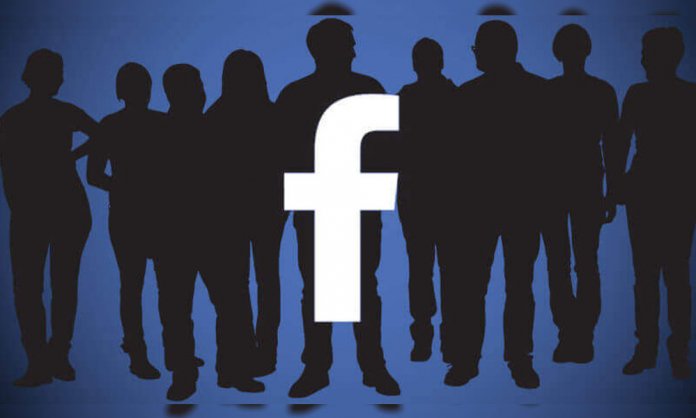Facebook said Monday that it does not know of any privacy abuse by cellphone makers who years ago were able to gain access to personal data on users and their friends.
The social media leader said it “disagreed” with the conclusions of a New York Times report that found that the device makers could access information on Facebook users’ friends without their explicit consent.
Facebook enabled device makers to interface with it at a time when it was building its service and they were developing new smartphone and social media technology.
But the Times said the access continued even after Facebook agreed with the Federal Trade Commission in 2011 to better protect data and only share it after obtaining consumers’ express consent.
Facebook, which came under attack early this year over British political consultant Cambridge Analytica’s harvesting of personal data on 87 million Facebook users and their friends, did not deny the Times story but said it “disagreed” with the issues raised.
Before now-ubiquitous apps standardized the social media experience on smartphones, some 60 device makers like Amazon, Apple, Blackberry, HTC, Microsoft and Samsung worked with Facebook to adapt interfaces for the Facebook website to their own phones, the company said.
“We controlled them tightly from the get-go,” said Ime Archibong, VP of Product Partnerships, in a statement.
“Partners could not integrate the user’s Facebook features with their devices without the user’s permission,” he said.
“Friends’ information, like photos, was only accessible on devices when people made a decision to share their information with those friends,” he said.
Moreover, he added, “We are not aware of any abuse by these companies.”
But the Times said that the user permissions were not always explicit as required by the 2011 consent decree with the FTC.
In addition, it said, its research showed that some device makers “could retrieve personal information even from users’ friends who believed they had barred any sharing.”
Facebook said it is winding up the interface arrangements with device makers as the company’s smartphone apps dominate the service.
But the report raised concerns that massive databases on users and their friends — including personal data and photographs — could be in the hands of device makers as was the case with Cambridge Analytica.
Cambridge Analytica obtained the data without Facebook’s permission and used it to help the election campaign of US President Donald Trump.
In April, Facebook chief executive Mark Zuckerberg apologized in Congress over the Cambridge Analytica fiasco, amid rising calls for more regulation of the company.
On Monday, some US lawmakers suggested calling him back to testify.
“Sure looks like Zuckerberg lied to Congress about whether users have ‘complete control’ over who sees our data on Facebook,” said David Cicilline, a Democrat who serves on the House Judiciary committee.
“Facebook’s secret data sharing partnerships raise urgent new reasons for stronger privacy protections,” said Democratic Senator Richard Blumenthal.







































